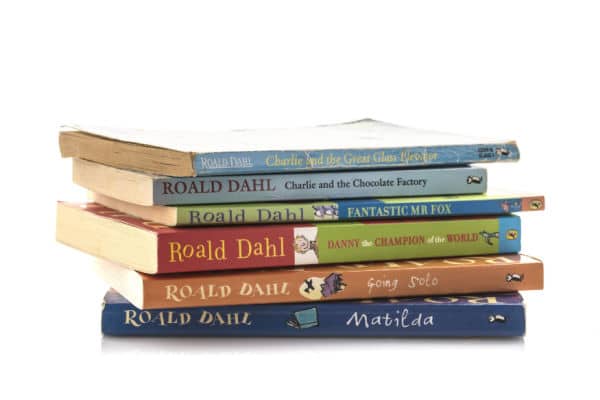
![]()
British Prime Minister Rishi Sunak has joined in the criticism of the changes made to Roald Dahl books.
This comes after Dahl's estate and publisher had confirmed that certain works of the late writer would be changed to suit a modern audience.
Such works include the BFG, Charlie and the Chocolate Factory, The Twits and Matilda.
For instance, Augustus Gloop a character from Charlie and the Chocolate Factory is now described as "enormous", with the word "fat" being removed from the book.
In the BFG, the giant's coat is no longer black. The BFG is now standing "still as a statue", as opposed to "white as a sheet" in the original text.
Elsewhere, Mrs Twit will be referred to as "beastly" instead of "ugly and beastly". In the same book, the words "weird African language" have also been removed.
Other words being removed also include "crazy" and "mad", due to concerns surrounding mental health.
In Matilda, the threat to "knock her flat" have been changed to "give her a right talking to".
According to the Roald Dahl Story Company, these "small and carefully considered" changes have come following a review preview process, which has been ongoing since 2020.
The changes have led to hotly contested debate and strong criticism, including the Prime Minister.
A spokesperson for Mr Sunak insisted that these works should be "preserved and not airbrushed".
Using a word invented by Dahl, the spokesperson added, "When it comes to our rich and varied literary heritage, the prime minister agrees with the BFG that we shouldn't gobblefunk around with words".
Others to criticise the changes to these Roald Dahl books, include controversial writer Salman Rushdie.
"Roald Dahl was no angel but this is absurd censorship", Rushdie wrote. "Puffin Books and the Dahl estate should be ashamed".
Roald Dahl was no angel but this is absurd censorship. Puffin Books and the Dahl estate should be ashamed. https://t.co/sdjMfBr7WW
— Salman Rushdie (@SalmanRushdie) February 18, 2023
Elsewhere, author Philip Pullman feels that Roald Dahl's books "should be allowed to fade away", as opposed to being changed to avoid causing offence.
"If Dahl offends us, let him go out of print," he said. "Read all these [other] wonderful authors who are writing today, who don't get as much of a look-in because of the massive commercial gravity of people like Roald Dahl".
However, poet and author Debjani Chatterjee insisted that publishers who review their work is a "good thing".